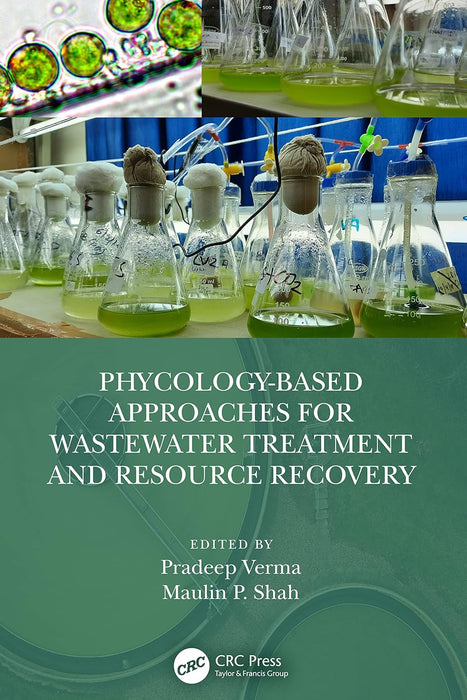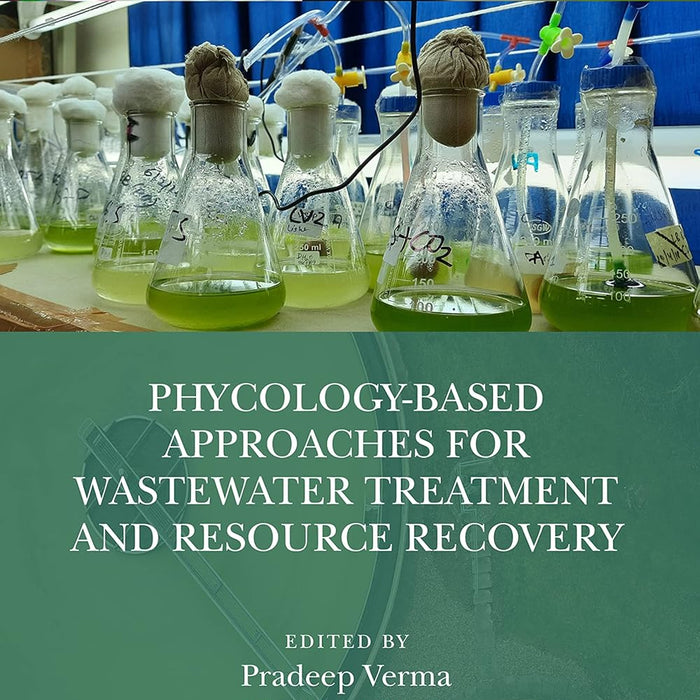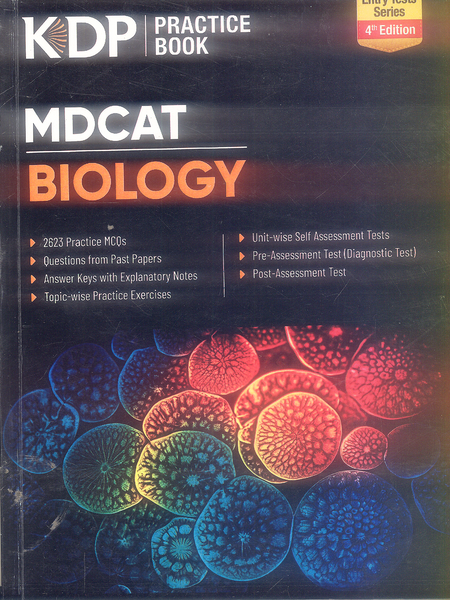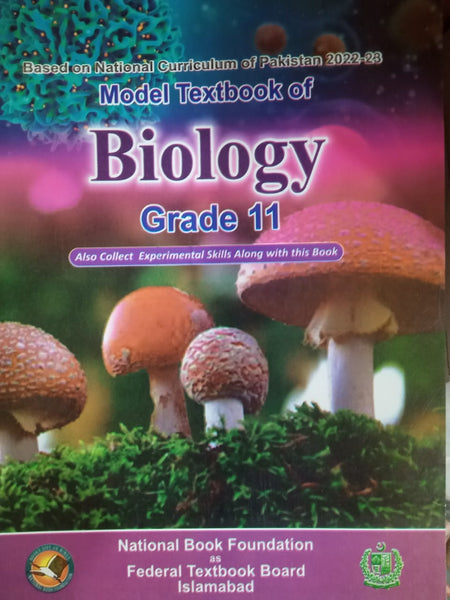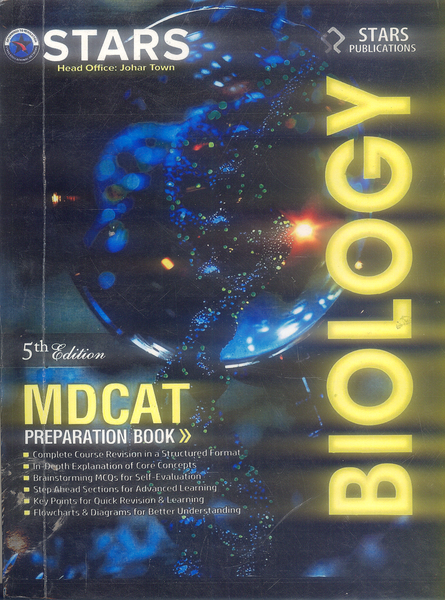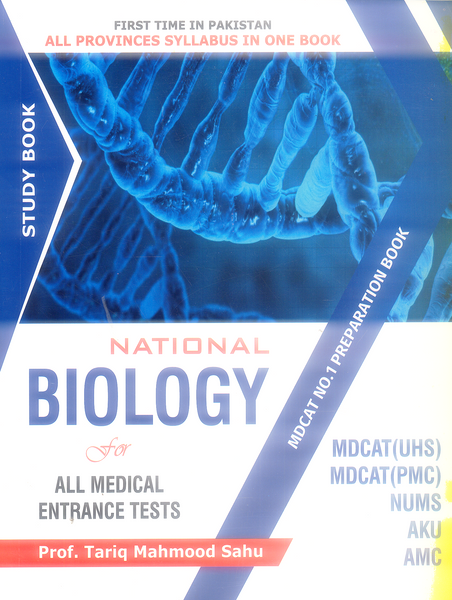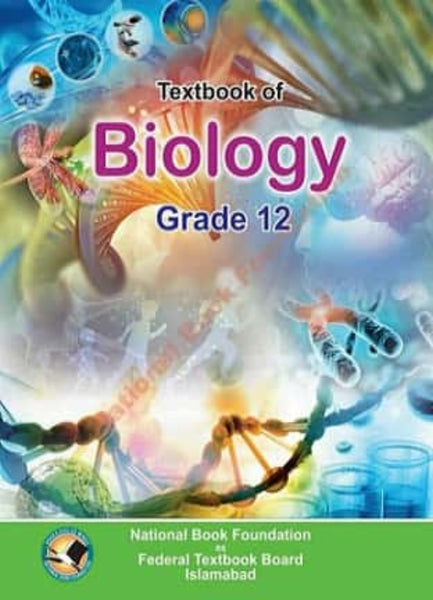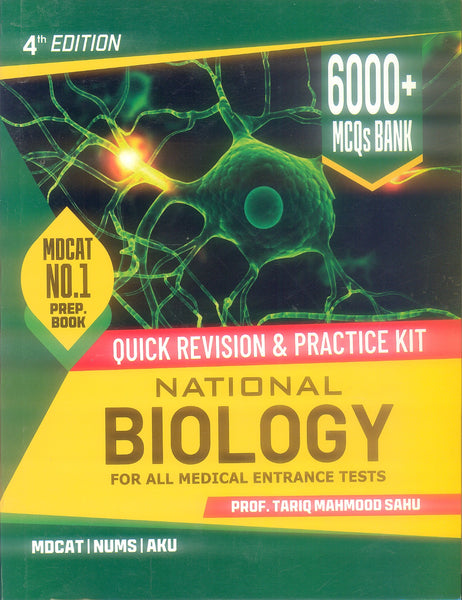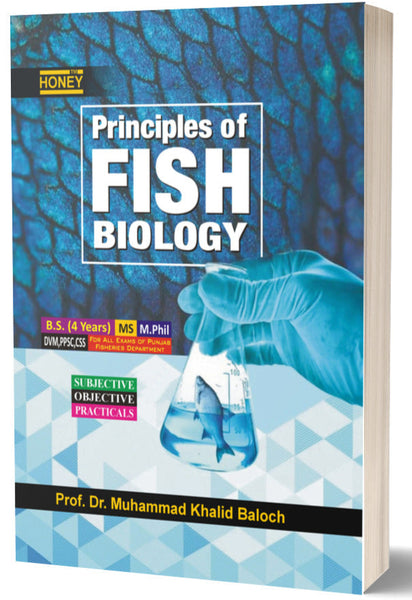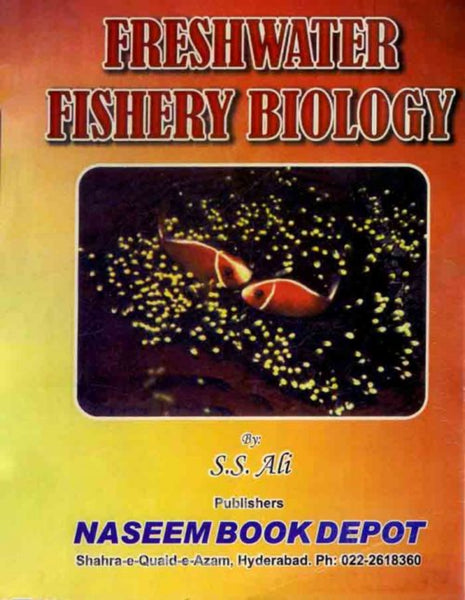Phycology-Based Approaches for Wastewater Treatment and Resource Recovery
- Publisher: BIOLOGY
- Availability: In Stock
- SKU: 46736
- Number of Pages: 310
Rs.740.00
Rs.995.00
Tags: algae and circular economy , algae and environment , algae bioengineering , algae for industrial effluents , algae for pollution control , algae in environmental science , algae in water purification , algae wastewater treatment , algae water filtration , algae-based bioreactors , algal biomass recovery , algal bioremediation , algal resource recovery , algal wastewater harvesting , best books , Best Price , Best Selling Books , biological recovery systems , biological water treatment , biowaste treatment using algae , eco wastewater technology , eco-based water cleaning , eco-friendly water treatment , environmental biotechnology , green treatment technologies , Maulin P Shah , microalgae treatment systems , ONLINE BOOKS , Online Bookshop , phycological water recovery , phycology and sustainability , phycology in engineering , Phycology-Based Approaches for Wastewater , Phycology-Based Approaches for Wastewater Treatment , Pradeep Verma , renewable wastewater processes , resource recovery with algae , sustainable wastewater solutions , sustainable water tech , Treatment and Resource Recovery , wastewater algae growth , wastewater management , wastewater reuse , wastewater reuse strategies , wastewater treatment using algae , water purification with algae
📘 Title Name: Phycology-Based Approaches for Wastewater Treatment and Resource Recovery
✍️ Authors: Pradeep Verma (Editor), Maulin P Shah (Editor)
📦 Quality: Black White Pakistan Print
🔹 Introduction:
This book explores innovative applications of algae (phycology) in treating wastewater and recovering valuable resources. It bridges environmental biotechnology and sustainable engineering for cleaner water systems.
🔑 Key Points:
-
Focuses on algae-based methods for effective wastewater treatment.
-
Highlights resource recovery techniques using phycological processes.
-
Valuable for researchers, environmental scientists, and water treatment professionals.

